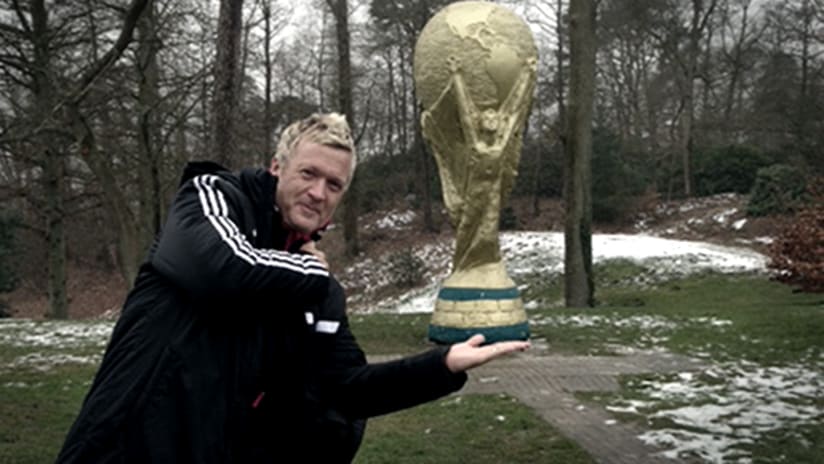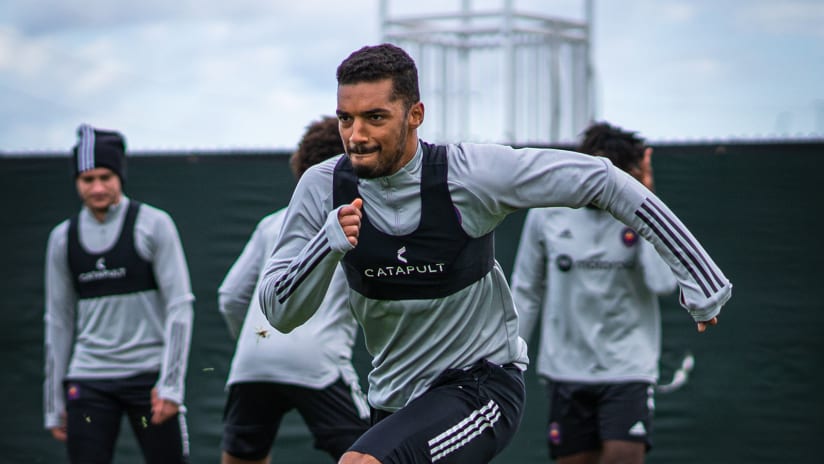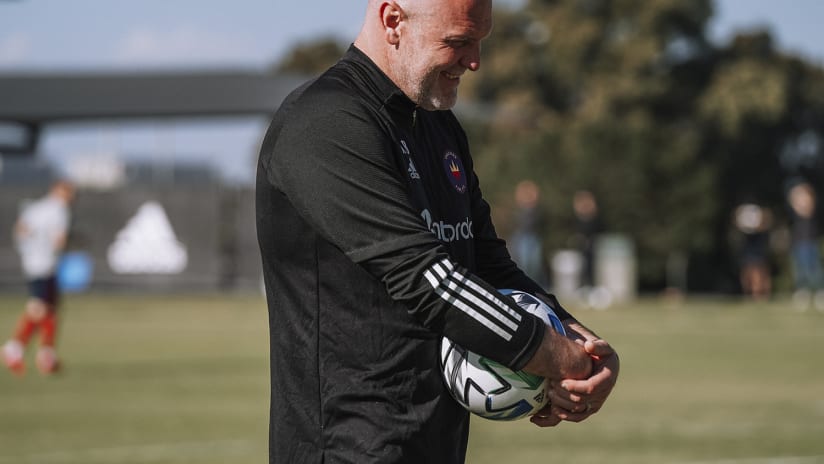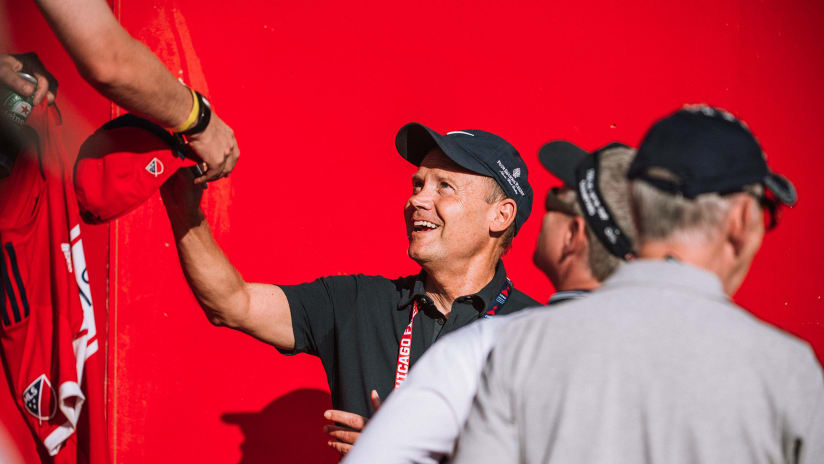Chicago Fire Academy Director Larry Sunderland is on the road to receiving a world-class coaching license. By year's end, he will join the elite ranks along with 20 other coaches from Major League Soccer and U.S. Soccer in receiving the Elite Formation Coaching License. Recently Sunderland traveled to France and Spain to begin work on his new badge. We spoke to him about his travels:
Hunter Tickel:How is MLS building up its academies and what level coaching license is being gained?
Larry Sunderland: I think MLS is making a large commitment to all of its academy programs. As part of that commitment they’re putting all the MLS academy directors through this Elite Formation Coaching License, which is the top developmental license in the world. It’s the equivalent of the UEFA pro license on the professional side and is at the home of the French national team at Clairefontaine.
PERUSE: Chicago Fire Academy Home
HT:What is the objective of the license?
LS: The licensing is for additional education for all academy directors to elevate us to the same level of our counterparts around the world, all in an effort to create better players for MLS and compete on a global stage. The goal for MLS is to be one of the top leagues in the world with one of the top development programs by 2022. We look to work to develop better players and continually improve the quality of the league.
HT: What did you learn in Clairefontaine?
LS: It was coaching laboratory with methodology and strategies and different ideas with that. From that stand point we were learning specific methods of education that are practiced in the French national team program.
HT:When does the course take place?
LS: It’s basically a 16-month course. It’s extremely in depth. The French instructors will be coming here to the States for two weeks and we’ll be locked down in Colorado with them again. We go back to Clairefontaine for another week there in the early fall. Then another week’s observation at a European club.”
HT:As part of the course, you get placed with a club for observation… Where did you go?
LS: I was assigned to Athletic Bilbao in Spain, part of the Spanish first division. I spent a week on the course at Clairefontaine and a week of observation at Bilbao.
HT:How was your experience working with Athletic Bilbao?
LS: I was immersed in the club. I got a real good feel as much as you can get in a week of how their development process works. How they believe players learn and the structure of their club. How they move players through their structure. Their overall philosophy, what their expectations are of their players. From the time they come in to push them through.
HT:What is unique about Bilbao?
LS: They don’t buy players outside the Basque region in Spain. They only use Basque players. It’s different but what you find out there is that there’s no one-way to do it. Everybody has their own way.
HT:How will your work in Spain translate to the game in the U.S.?
LS: I think obviously the style of Spanish soccer is very attractive. It is very technical and intelligent. It is a good model to replicate on the field ultimately in the stadium in MLS. How do you get there? We have to learn that some things work here and some won’t work. We have to fit that all together and then put your own stamp on it. We are still in the infancy for soccer. The Fire is just over 15 years old and you’re talking about clubs that are 118 years old.
HT:What was your biggest take away from this trip?
LS: I think from a development stand point, the biggest takeaway that all of us had and all of us have to realize because our culture is so different, is that development of intelligent soccer players is a long process. In this country everyone has a fast food mentality, it was because of the way soccer began with this country. There were an [infinite] amount of clubs you went from one club to the next and it didn’t aid development.
Interview
Q&A: Speaking to Larry Sunderland about his recent trip to Clairefontaine





